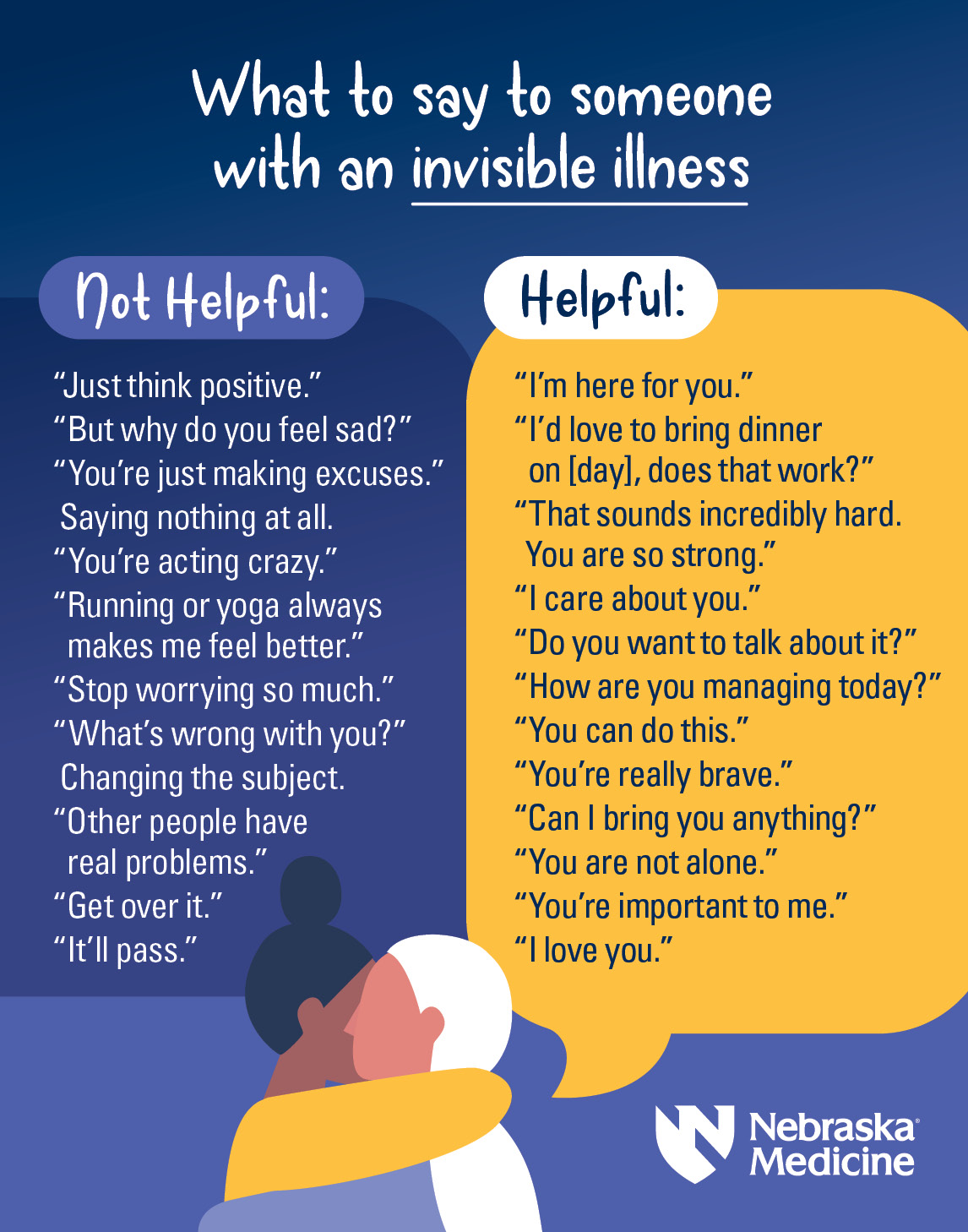Breaking the Silence: Overcoming Barriers to Seeking Help
In the realm of mental health, breaking the silence surrounding conditions like Complex Post-Traumatic Stress Disorder (C-PTSD) is paramount. This article delves into the societal stigmas and personal obstacles that often deter individuals from seeking treatment for C-PTSD. It offers strategies to overcome these barriers, fostering a message of hope and empowerment.
 |
| Breaking the silence surrounding conditions like C-PTSD is paramount (📷 flickr) |
Complex Post-Traumatic Stress Disorder (C-PTSD) is a condition that arises from prolonged exposure to trauma, yet seeking help for it remains a challenge due to various societal and personal factors. Today we explore the pervasive stigmas and obstacles that hinder individuals from accessing the support they need, while providing actionable steps towards breaking down these barriers.
Understanding Societal Stigmas
Society's perception of mental health still carries significant stigma, making it difficult for individuals to openly discuss their struggles with conditions like C-PTSD. Fear of judgment, discrimination, and misconceptions about mental illness often lead to silence and isolation. Addressing and dismantling these societal stigmas is essential in creating a more supportive and understanding environment for those seeking help.
Personal Obstacles to Seeking Help
On a personal level, individuals may face various obstacles that prevent them from reaching out for support. These obstacles can include feelings of shame, self-blame, and a lack of awareness about available resources. Additionally, past negative experiences with healthcare professionals or trauma-related beliefs may further impede help-seeking behaviours.
 |
| (📷 venngage) |
Strategies for Overcoming Barriers
Despite the challenges, there are strategies individuals can employ to overcome barriers to seeking help for C-PTSD. Firstly, education plays a crucial role in empowering individuals to recognise their symptoms and understand that seeking help is a sign of strength, not weakness. Additionally, fostering supportive relationships and communities can provide a safe space for individuals to share their experiences and seek guidance.
 |
| (📷 nebrascamed) |
Destigmatizing Mental Health Conversations
Breaking the silence surrounding mental health requires open and honest conversations within our communities and society at large. By sharing personal stories, advocating for mental health awareness, and challenging stereotypes, we can contribute to destigmatizing C-PTSD and encouraging more individuals to seek the help they deserve.
 |
| There are strategies individuals can employ to overcome barriers to seeking help (📷 stpatricks) |
Overcoming the barriers to seeking help for C-PTSD is a journey that requires courage, support, and resilience. By addressing societal stigmas, acknowledging personal obstacles, and implementing strategies for change, we can create a more inclusive and supportive environment for those affected by C-PTSD. Together, let us break the silence and foster a culture of compassion, understanding, and hope.
⭐⭐⭐
*AI assisted


